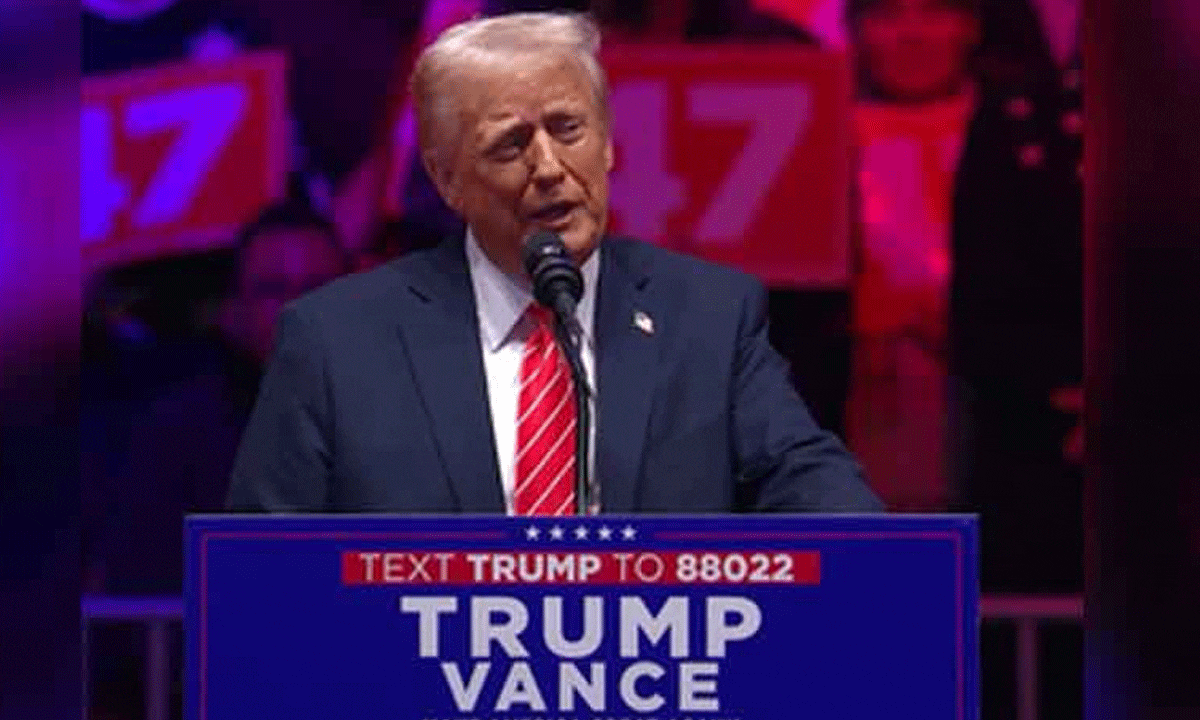Supreme Court Gives More Power to Trump, Supports His Order on Citizenship for Newborns
In a landmark 6-3 ruling, the U.S. Supreme Court has sided with the Trump administration, declaring that federal district judges do not have the authority to issue nationwide injunctions.

Washington: In a landmark 6-3 ruling, the U.S. Supreme Court has sided with the Trump administration, declaring that federal district judges do not have the authority to issue nationwide injunctions. The decision directly impacts legal efforts to block former President Donald Trump’s executive order aiming to end birthright citizenship for certain children born in the U.S.
Table of Contents
Justice Amy Coney Barrett, writing for the conservative majority, said, “Federal courts do not exercise general oversight of the Executive Branch.” The ruling emphasizes that courts must act within their own constitutional limits even when addressing perceived executive overreach.
Liberal Justices Dissent, Cite Constitutional Concerns
In sharp contrast, Justice Sonia Sotomayor issued a powerful dissent, stating:
“Children born in the United States and subject to its laws are United States citizens… That has been the legal rule since the founding.”
Also Read: Sonakshi Sinha Expresses Interest in Biopic: “I Want Roles That Push My Limits”
She criticized the majority for “ignoring the constitutionality of the executive order” and focusing solely on procedural constraints, calling it a dangerous precedent.
Trump, Allies Celebrate Legal Victory
Former President Donald Trump hailed the ruling as a “giant win”, posting on Truth Social that the decision is a “monumental victory for the Constitution.”
Vice President JD Vance echoed the sentiment, adding on X (formerly Twitter): “Everyone has to follow the law – including judges.”
U.S. Attorney General Pam Bondi confirmed the DOJ’s continued support, stating that the “endless barrage” of injunctions against Trump’s orders must stop.
Civil Rights Groups Push Back with New Legal Action
In response, advocacy groups like the Asylum Seeker Advocacy Project and the National Latina Institute for Reproductive Justice have announced a class-action lawsuit and a motion for a temporary restraining order to continue blocking the executive order.
Conchita Cruz, co-director of ASAP, noted the confusion among immigrant communities:
“This is a confusing moment for immigrant families who are unsure how this decision affects them.”
What the Executive Order Says
Trump’s executive order, signed on January 20, directed federal agencies to stop recognizing birthright citizenship for children born after February 19 if neither parent is a U.S. citizen or legal permanent resident.
Legal and Constitutional Debate Continues
Legal analysts have warned that this ruling shifts the balance of power away from the judiciary and makes it harder for civil rights groups to challenge executive actions.
The 14th Amendment, which guarantees that “all persons born or naturalized in the United States” are citizens, remains central to the ongoing legal fight.
Looking Ahead
With the 2024 presidential election approaching, this decision adds fuel to the debate over immigration, executive power, and constitutional rights. Legal experts suggest further challenges are imminent as civil liberties groups mobilize in response.
